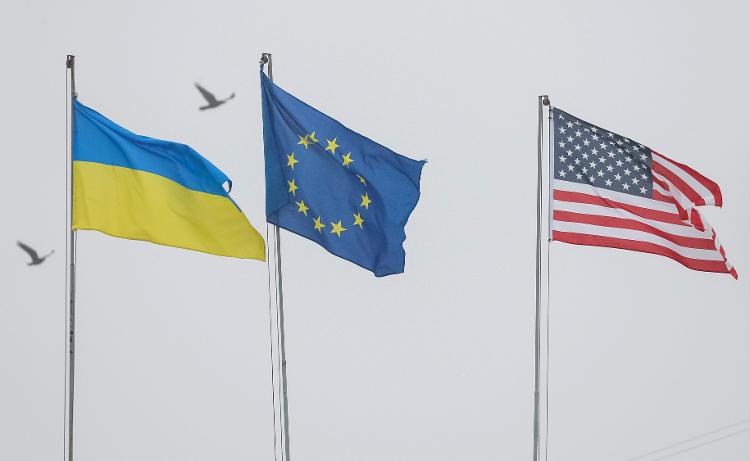The European Union as a bloc is under pressure from some of its political leaders to ban Russian tourists from countries in the Schengen Area, which consists of Austria, Germany, Belgium, Denmark, Slovakia, Slovenia, Spain, Estonia, Finland, France, Greece. Hungary. , Iceland, Italy, Latvia, Lithuania, Liechtenstein, Luxembourg, Malta, Norway, Netherlands, Poland, Portugal, Czech Republic, Sweden and Switzerland.
On Monday 8, Ukrainian President Volodymyr Zelensky made a call in an interview with the American newspaper “The Washington Post”. According to him, the most important sanction that Ukraine’s allied countries could impose on Russia would be closing the borders. “Because the Russians are taking land that belongs to others,” he explained.
In practice, the European Union had closed its airspace to aircraft arriving from Russian soil in February, shortly after the invasion. The last rail link between St Petersburg and Helsinki, Finland was cut in March. According to the British newspaper The Guardian, since then Russians continue to engage in tourism by sea or land, especially through countries that are not yet part of NATO, such as Finland.
Zelensky’s request has already been echoed by other European leaders. Estonian Prime Minister Kaja Kallas has been blunt in her position: Russians should be banned from the EU.
“Stop issuing tourist visas to the Russians. Visiting Europe is a privilege, not a human right. Air travel from Russia has been stopped. [do Espaço] Schengen issues visas, Russia’s neighbors bear the burden (Finland, Estonia and Latvia are the only access points) [sic]). It’s time to end tourism to Russia,” he tweeted.
On public television YLE, Finnish Prime Minister Sanna Marin agreed with Kaja.
It is not right for Russians to continue to lead a normal life as tourists, traveling in Europe while Russia is imposing an aggressive and brutal war on Europe. Believe in Marin.
At the end of July, Finnish parliamentarians told AFP that since the end of anti-covid restrictions, Russians have entered the country en masse to shop – to escape the emigration of brands in their region – or to go on vacation. other European destinations. .
According to the Guardian, the country has already launched a plan to limit the issuance of tourist visas, but is still questioning the legal right to close the border to Russians. The situation is similar in other Schengen countries (Estonia, Latvia, Lithuania and Poland) that share borders with Russia and have already set limits.
However, the pressure on politicians to take collective action in the EU is justified: according to the terms of the movement agreement within the bloc, a country cannot refuse the entry of individuals from other Schengen countries. So as long as there is only one country open to the Russians, they will all be.
According to the British newspaper, Bulgarian Interim Tourism Minister Ilin Dimitrov said on Wednesday (10) that more than 50,000 Russians, most of whom have property abroad and travel via Istanbul, Turkey, have visited the country where the war started. End of June. “Obstacles and expensive tickets don’t stop them,” he said.
EU foreign ministers will meet in the Czech Republic at the end of August to discuss the matter. While the position of countries such as Finland, Estonia and Bulgaria is clear towards Russia, others such as Germany, which generally advocates for refugee mobility, and Hungary, which maintains good relations with Moscow, may be mute.
“Any attempt to isolate Russia or the Russians is a dead-end process that demonstrates the “irrationality of thinking from the outside” of the standards,” Kremlin spokesman Dmitry Peskov told reporters from the Russian Tass news agency, in response to requests from European leaders.
source: Noticias
[author_name]
